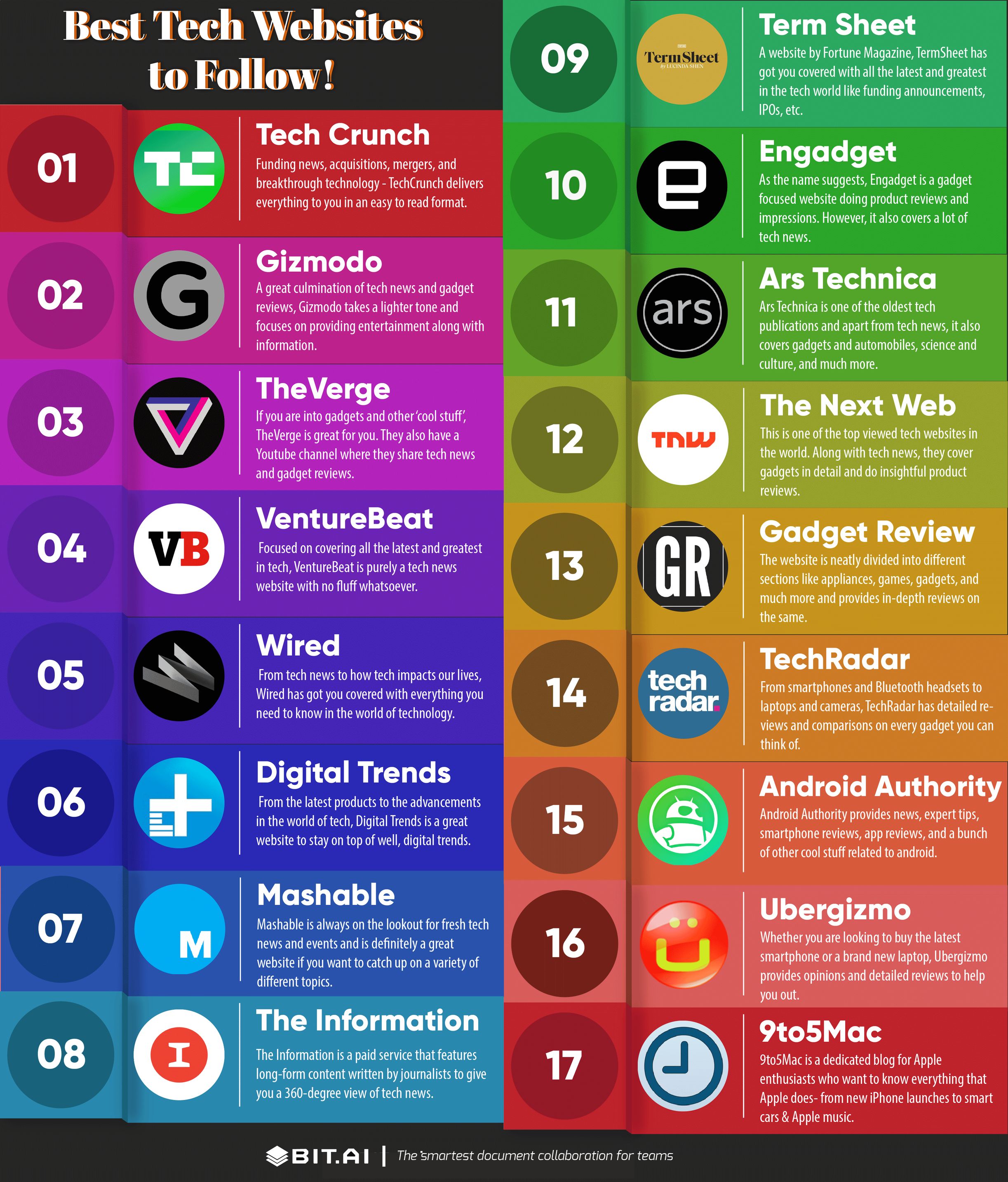Discover the Best tech blog for the Latest Trends and Technologies in Technology
Discover the Best tech blog for the Latest Trends and Technologies in Technology
Blog Article
Just How Blockchain Innovation Is Revolutionizing Data Safety And Security
Blockchain innovation is essentially changing the landscape of information security by presenting a decentralized structure that guarantees improved transparency and durability. Unlike typical systems, which depend on central information databases, blockchain disperses data throughout a network, minimizing susceptabilities and solitary points of failure. The usage of advanced cryptographic techniques guarantees that data stays tamper-proof, promoting count on among stakeholders and individuals.
The Basics of Blockchain
Blockchain technology, an advanced idea in electronic information monitoring, essentially changes just how information is kept and protected. At its core, a blockchain is a dispersed ledger that records transactions throughout a network of computer systems, ensuring openness and immutability. The innovation operates on a chain of blocks, each containing a listing of transactions. When a block is filled up, it is time-stamped and linked to the previous block, producing a chronological chain.
Secret to understanding blockchain is the hashing procedure, which encrypts purchase information right into an unique alphanumeric code. This cryptographic feature ensures that any type of alteration in the purchase information leads to a completely various hash, thereby safeguarding versus tampering. The consensus mechanism, another important element, validates and verifies new transactions through a network of nodes, thereby removing the need for a central authority.
Furthermore, blockchain's append-only framework makes sure that data, when included, can not be deleted or altered. This characteristic assurances a verifiable and long-term record of purchases, cultivating trust among participants. As a result, blockchain supplies a durable structure for information stability, supplying sectors a reliable method for monitoring and managing electronic info in a safe and secure, clear way.
Decentralization and Protection
Decentralization, a core concept of blockchain modern technology, considerably enhances information security by distributing control throughout a network instead of relying upon a particular, central entity. This distribution alleviates the risk of single points of failure, which are prevalent in conventional centralized systems. By distributing information across numerous nodes, blockchain makes certain that even if one node is jeopardized, the whole network continues to be secure. This redundancy not just strengthens the integrity of the information however likewise boosts its resilience to cyberattacks and system failings.

Furthermore, decentralization empowers individuals with higher control over their data. Each participant in the network has accessibility to the whole blockchain, enabling them to verify and examine transactions separately. This openness cultivates trust fund among customers, as they do not need to depend on a main authority to make sure information integrity. On the whole, decentralization is instrumental in boosting data protection in blockchain networks.

Cryptographic Strategies
At the heart of blockchain modern technology, cryptographic strategies play a critical role in securing information, making sure both discretion and honesty. These techniques are foundational to the blockchain's ability to securely tape transactions in a decentralized fashion. Cryptography in blockchain uses a mix of symmetrical and crooked formulas to encrypt data, making it available just to accredited events - Best tech blog. Public and private essential sets are central to this link this procedure, permitting protected authentication and identity confirmation without disclosing sensitive details.
Hash functions are one more critical part, transforming input data right into a fixed-size string of characters, efficiently producing an one-of-a-kind digital fingerprint for every block. This ensures that any kind of attempt to modify the data will certainly result in an entirely different hash, therefore preserving the immutability of the blockchain. Electronic trademarks confirm the credibility and stability of purchases, providing a layer of non-repudiation.
The decentralized nature of blockchain, combined with robust cryptographic methods, removes the need for intermediaries, lowering possible susceptabilities. As blockchain technology advances, developments in cryptography such as zero-knowledge proofs and homomorphic encryption continue to click enhance security actions, additionally fortifying information protection in this revolutionary digital journal system.
Use Situations Throughout Industries

In the medical care sector, blockchain ensures the secure storage space and sharing of individual records, advertising interoperability while safeguarding sensitive information from unauthorized access. This technology encourages people with control over their case history and promotes smooth control amongst healthcare providers.
Supply chain management advantages significantly from wikipedia reference blockchain's immutable ledger, which makes certain traceability and credibility of items from origin to customer. By enhancing transparency, blockchain aids reduce concerns such as counterfeiting and unethical sourcing.
Furthermore, blockchain's decentralized nature is improving the energy sector by enabling peer-to-peer power trading, where customers can deal excess eco-friendly energy straight. This cultivates an extra reliable and sustainable energy community.
In the realm of intellectual property, blockchain offers a tamper-proof system for designers to register and safeguard their works, making certain rightful acknowledgment and reasonable payment. These diverse use instances underline blockchain's function as a pivotal force in redefining data security across sectors.
Future of Information Defense
As we aim to the future of data security, blockchain technology is positioned to play an essential function in guarding digital info. With its decentralized and unalterable attributes, blockchain provides a robust framework for protecting delicate data versus unauthorized gain access to and cyber threats. This modern technology guarantees that as soon as information is taped, it is almost impossible to alter without detection, hence offering a substantial advantage over traditional information storage space techniques.
The combination of blockchain with other innovative technologies, such as expert system and the Web of Things (IoT), is anticipated to boost data security methods even more. By leveraging smart agreements, organizations can automate and apply security protocols, lowering human error and enhancing performance. Furthermore, blockchain's capacity to give clear and traceable purchases will certainly reinforce count on and accountability in information monitoring practices.
As regulative landscapes evolve, blockchain's compliance-friendly nature will end up being increasingly pertinent. It can assist organizations satisfy rigorous data security laws, such as the General Data Security Policy (GDPR) and the California Consumer Privacy Act (CCPA), by supplying proven records of information processing activities. Ultimately, blockchain's unique features setting it as a transformative device in the ongoing pursuit to safeguard the digital globe versus ever-evolving cyber hazards.
Conclusion
Blockchain innovation represents a paradigm shift in data protection by leveraging decentralization and cryptographic methods to improve transparency, trust fund, and information stability. As cyber threats develop, blockchain emerges as a vital device for robust data defense throughout numerous markets.
Blockchain technology is essentially modifying the landscape of information protection by presenting a decentralized structure that guarantees boosted openness and resilience. Unlike typical systems, which count on centralized information databases, blockchain distributes data across a network, minimizing vulnerabilities and solitary factors of failing.Decentralization, a core concept of blockchain modern technology, significantly boosts data safety and security by distributing control across a network rather than relying on a singular, central entity.At the heart of blockchain innovation, cryptographic methods play a pivotal function in guarding information, making sure both confidentiality and stability.Blockchain innovation stands for a standard shift in data protection by leveraging decentralization and cryptographic methods to boost openness, depend on, and data honesty.
Report this page